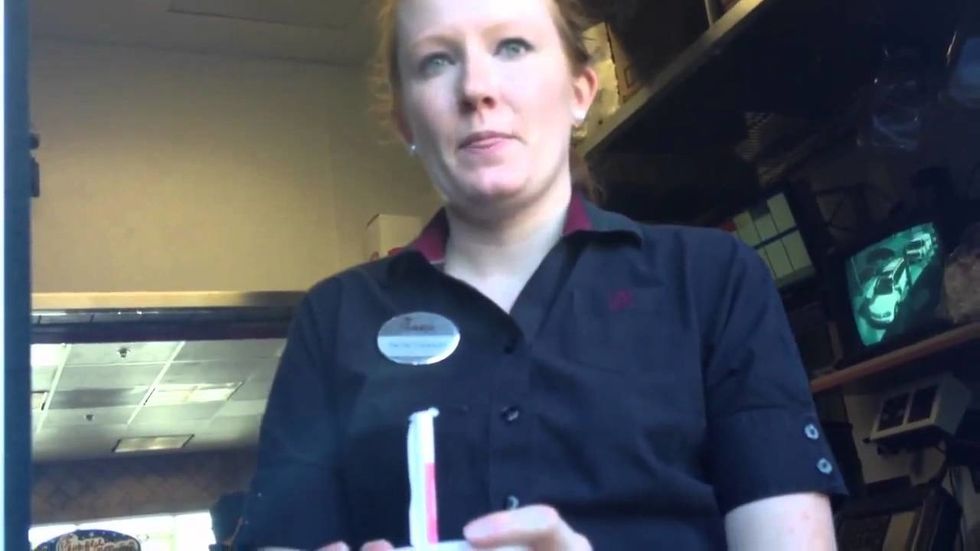As Hard As It Is To Hear, No One Is Able To Keep Mental Illness Or Substance Abuse At Bay
Someone can grow up in the happiest and most fulfilling environment and still end up with a chemical imbalance in their brains.
We've all heard the same lines over and over again, especially within the field of mental health advocacy: "What do you mean you're depressed? You have such a good life!" "My kid would never use drugs, I've given them everything." "How could they die by suicide? They had so much ahead of them." On top of that, we've all seen the PSAs or the infographics calling out these problematic assumptions by replacing the mental illness in question with a physical illness. The differences between the way we talk about the two are absurd. But even with that acknowledgment, I think there's still this idea that if we raise and treat people the right way, giving them endless love and resources, they won't ever develop these conditions.
While it's easy to see elements of truth in this, given the fact that trauma and/or adverse childhood experiences greatly increase one's chance of developing a mental illness or addiction, the truth is, these illnesses are just that: illnesses. Illnesses with biological bases that oftentimes manifest regardless of how positive or seemingly perfect one's upbringing is.
Understanding this is vital not only to mental health advocacy but also to being a supportive loved one of someone dealing with a mental illness and/or addiction. The stigma behind these illnesses are pervasive and pull on every bit of misunderstanding out there surrounding mental health as a whole. It's not unlikely for an individual with these biases to overlook their loved one's symptoms or behaviors due to the above misconceptions.
To some, hearing that someone close to them is struggling can be perceived as an accusation of one's own absenteeism or neglect. Like someone coming forward and saying, "I'm really, really sad" or "I'm having a hard time controlling my drinking" translates to "You're doing a bad job at keeping me happy," or "You're not giving me enough to feel good without alcohol." Loved ones can feel insecure and react defensively, in a way that only creates a more tense situation. This tension can send the message back to the individual struggling that says, "Your struggling is hurting me, keep it to yourself" or "You're being dramatic and I don't want to hear it."
This shame and stigma are what keep so many people suffering in silence and never getting the help they need.
Someone can live the most traditionally healthy and by-the-book lifestyle there is and still end up with cancer or MS. Someone can also grow up in the happiest and most fulfilling environment, rich with love and support and still end up with a chemical imbalance in their brains. One thing that we must keep in mind is that mental illness does not discriminate. We can love and support one another, we can invest in educational and preventative measures, and we can make treatment and various mental health resources more readily available. But none of this means anything if we allow shame and stigma to win.































